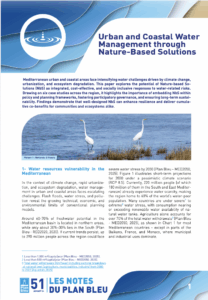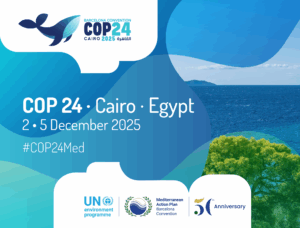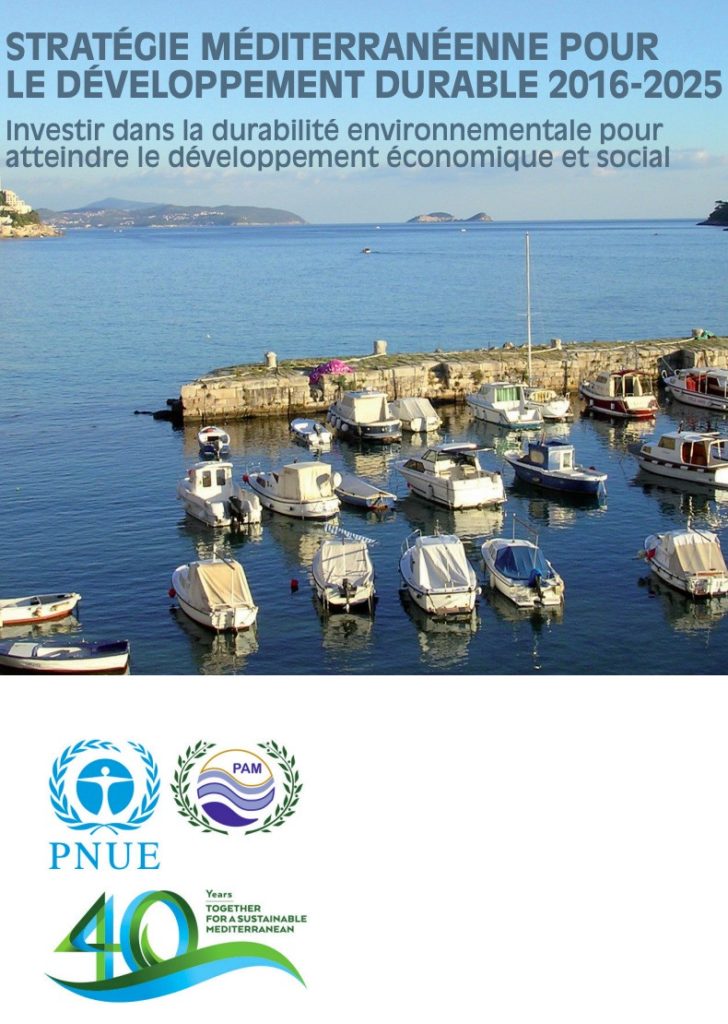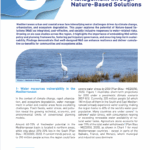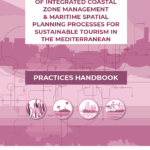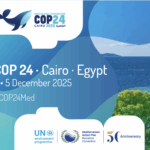MSSD 2016-2025 is the result of over two years of intensive collaborative work within the MAP system. The review of the 2005 MSSD was led by the Mediterranean Commission on Sustainable Development (MCSD) with the assistance
of the Secretariat to the Barcelona Convention (Coordinating Unit of the Mediterranean Action Plan – UNEP/MAP) through its Plan Bleu Regional Activity Centre (PB/RAC) and the support of the other MAP components
(RACs). The MSSD 2016-2025 was developed through a highly inclusive process, in which all member States and regional key stakeholders had the opportunity to participate. Involvement, support, and substantial contributions from
many regional and national organizations and stakeholders were crucial to develop this important document.
The Strategy is formulated taking into account the outcomes of the UN Conference on Sustainable Development (Rio+20) which put particular focus on the green economy in the context of sustainable development and poverty eradication. MSSD 2016-2025 aims to contribute significantly to the long-term sustainable development vision of the Mediterranean region, especially within the context of the 2030 Agenda for Sustainable Development and the adoption of the Sustainable Development Goals (SDGs) by the United Nations General Assembly in September 2015 (New York).
MSSD 2016-2025 is based on the principle that socio-economic development needs to be harmonized with the environment and protection of natural resources. Investing in the environment is the best way to secure
long-term sustainable job creation: an essential process for the achievement of sustainable socio-economic development for the present and future generations. The vision of the Strategy answers to the need for a proper development direction: A prosperous and peaceful Mediterranean region in which people enjoy a high quality of life and where sustainable development takes place within the carrying capacity of healthy ecosystems. This must be achieved through common objectives, strong involvement of all stakeholders, cooperation, solidarity, equity and participatory governance.
After the adoption, the challenge is now the MSSD implementation. Facilitated by the MAP system, the participation of all stakeholders will play a decisive role in the delivery of the Strategy, from national and local governments to civil society, academia, private sector, and the support of regional institutions. It is a collective effort, through which the sum will be much greater than the addition of the parts, thanks to the synergies developed and economies of scale achieved. That is why we encourage the commitment of all concerned stakeholders for the implementation of the Strategy.






